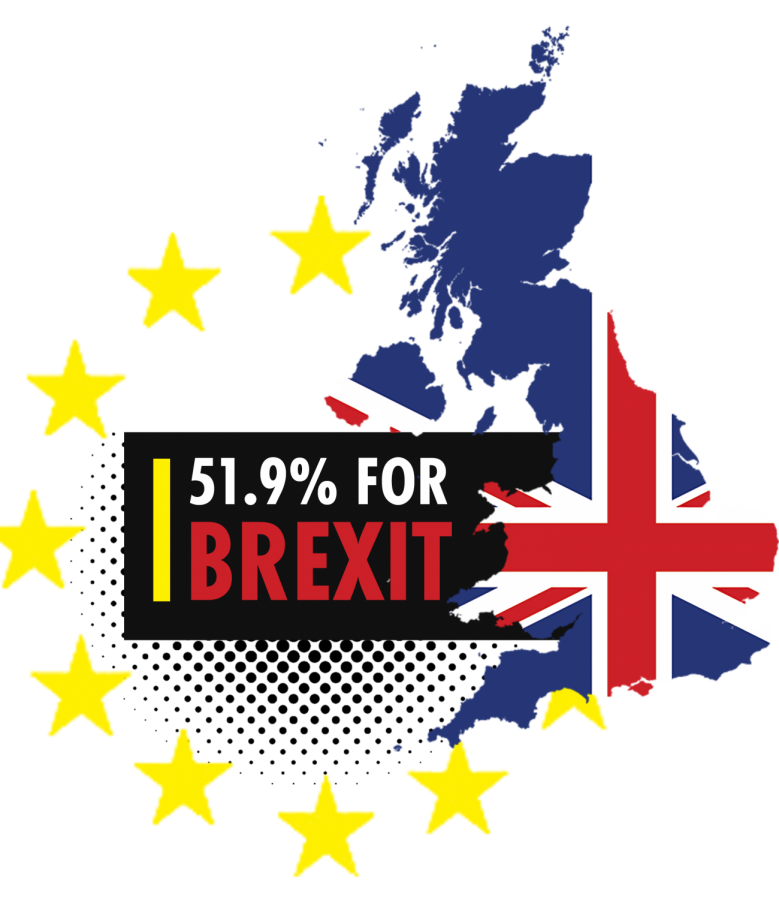In 2016, 17.4 million people voted to leave the European Union in one of the U.K.’s biggest ever exercises in democracy. Unfortunately, parliamentary squabbles and Theresa May’s weak “leadership” have backed Britain into a corner. The people of the U.K. voted to leave the European Union, but hundreds of members of Parliament refuse to respect the result. Some want to cancel Brexit all together, as if they are far wiser than the “little people” outside their ivory towers. With Parliament divided, Britain’s best option is to leave the European Union without a deal.
Any good negotiator will tell you that no deal is better than a bad deal, and sticking by that principle will lead Great Britain to prosperity. EU tariffs are infamously high on swaths of goods. The European Commission Market Access Database and Statista shows the EU levies duties of 10 percent on American cars, 74.9 percent on smoking tobacco and 68 percent on unripened cheese.
Free from the shackles of the EU, the U.K. would be able to strike trade deals with America and the rest of the world, leaving the middle class with more money in their pockets and cheaper goods on their shelves, according to the Office of the U.S. Trade Representative and Investopedia. The fact-checker FullFact notes that the U.K. already deals outside the EU more than within. Patrick Minford, a Cardiff University economist, reported free trade would grow the British and allied economies by tens of billions and deepen the U.S.-U.K. relationship.
Crucially, Britain would regain sovereignty as an independent nation rather than a vassal state of the European Union. The U.K. would be free to choose its destiny as a world leader rather than obey self-destructive regulations crafted by unelected Eurocrats in the halls of Brussels. The EU even forces a great deal of legislation on members even when their representatives reject it. A decade ago, Europhiles crafted the Lisbon Treaty, which gave legal authority to the European Court of Justice on 135 matters. The U.K. only managed to opt-out of some provisions, in-effect meaning European law supersedes all else. More often than not, subservience to the failed European project is mandatory.
Navigating the EU’s labyrinth of regulations crushes small businesses while keeping competition down for the insiders in mega corporations. Peter Mandelson, the former European Trade Commissioner even admitted EU regulations cost hundreds of billions per year – the difference between businesses staying afloat or sinking and keeping or losing a job. For instance, CNBC notes the wildly unpopular Article 13 directive is set to hit the digital service industry hard as internet service providers will be forced to actively censor the net in the name of preventing the spread of copyrighted material. Leaving and simplifying regulations across the board would create a fair playing field, unleashing the power of innovators and startups.
Not to mention, the EU has long been an enemy of the working class. British fishers once fueled the economies of seaside communities across the nation. The EU Common Fisheries Policy destroys the lives of fishers by inviting European vessels to pillage U.K. waters and creates strict quotas that only allow U.K. vessels to catch 36 percent of fish from their seas. David Pessell, the head of the Plymouth Trawler Agents, argued that no-deal Brexit “would mean the fishing industry straight away [starts] to rebuild the U.K. fishing industry and [takes] back control of our waters” in a Daily Express interview. With full ocean access, fishermen could revitalize coastal towns with new jobs and wealth. Catching 50 percent of fish in British waters would bring in over $1 billion a year, per the North Atlantic Fisheries College.
Alternatives to no-deal fly in the face of the 17.4 million people who voted leave. May’s agreement forces Britain to pay a humiliating $51 billion exit fee to the EU, remain under the European Court of Justice, and be unable to leave for at least another 21 months. By then, the U.K. would be in a much weaker position to negotiate, and EU leaders would be unlikely to deal on friendly terms. Revoking Brexit would be an even greater insult to the electorate and destroy confidence in democracy as the political class defy the will of the people. Concerns about tensions heating over the Irish border are greatly exaggerated. People could still cross freely, no parties support a hard border, and trade can remain frictionless thanks to World Trade Organization rules.
Leaving the EU without a deal allows Britain to take back control of its destiny, enriches Britons and Americans and follows through on the historic result of the EU referendum.














